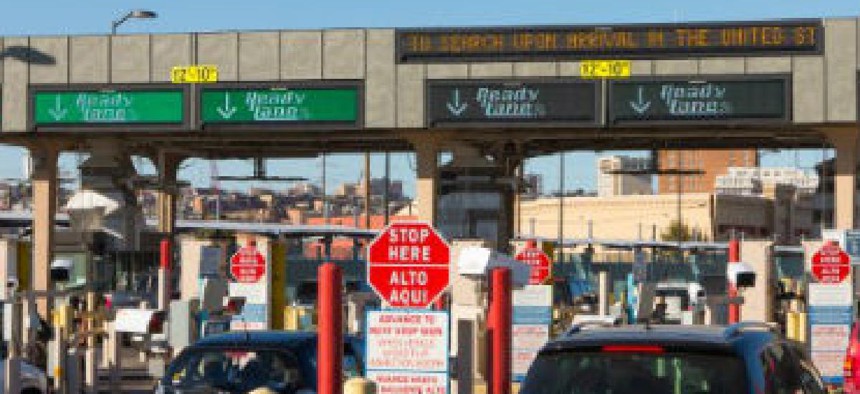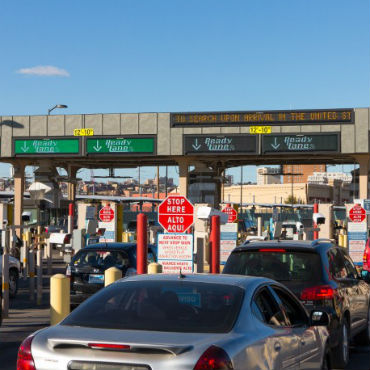IT outages create headaches for CBP field workers

Despite a $1.4 billion IT budget, the agency responsible for screening people and cargo entering the U.S. from abroad suffers from system downtime that could lead to increased security risks, according to an internal oversight report.

Despite a $1.4 billion IT budget, the agency responsible for screening people and cargo entering the U.S. from abroad suffers from system downtime that could lead to increased security risks, according to an internal oversight report.
The Department of Homeland Security Office of Inspector General found problems related to excessive downtime that affected passport control operations. Between June 2016 and March 2017, Customs and Border Protection reported 99 outages and service degradations resulting in 277.3 hours of downtime or interrupted service, according to an OIG audit report released Sept. 28. In particular, issues with passport control systems at the Miami International Airport "hindered" screening of 91,850 passengers across 698 international flights.
CBP front-line workers also reported problems with the TECS portal, a system designed to work across multiple DHS departments to provide traveler information. System performance, users reported, "had greatly diminished over the past year as a result of ongoing efforts to modernize the underlying system architecture."
Users reported that the legacy system, which was turned off in December 2016, delivered faster response times than the modernized version -- up to six times faster, according to one officer.
A system called e3 used by the Border Patrol to collect and transmit biographic and biometric data also suffered from outages and poor performance, creating problems for agents charged with collecting information, making arrests and carrying out enforcement. Processing backlogs and downtime led to extended periods of detention for some in Border Patrol custody.
During the course of the audit, OIG found that many Border Patrol agents were using obsolete equipment, including laptops, card readers and workstations.
In reply comments, CBP's Sean Mildrew said the agency would "leverage" the report "to help us continue to improve the performance and availability of our systems." Some of the issues had to do with "dependencies on external service providers," and Mildrew pledged to work with those partners on improvements.
The agency agreed with the IG recommendations and plans to conduct a survey of TECS users by the end of the year. It also plans enhancements of the e3 service in March and September 2018, and a refresh Border Patrol technology is expected to be completed by Nov. 30 of this year. CBP also said it would improve system monitoring to measure response time and improve backup processes available to end users during system interruptions.
The audit made several recommendations for a number of CBP systems, including the TECS platform and air and marine operations systems, such as user and performance assessments, process improvements and performance measurements to help with deciding on improvements and remedies for system performance.
NEXT STORY: The State of Cybersecurity Awareness



